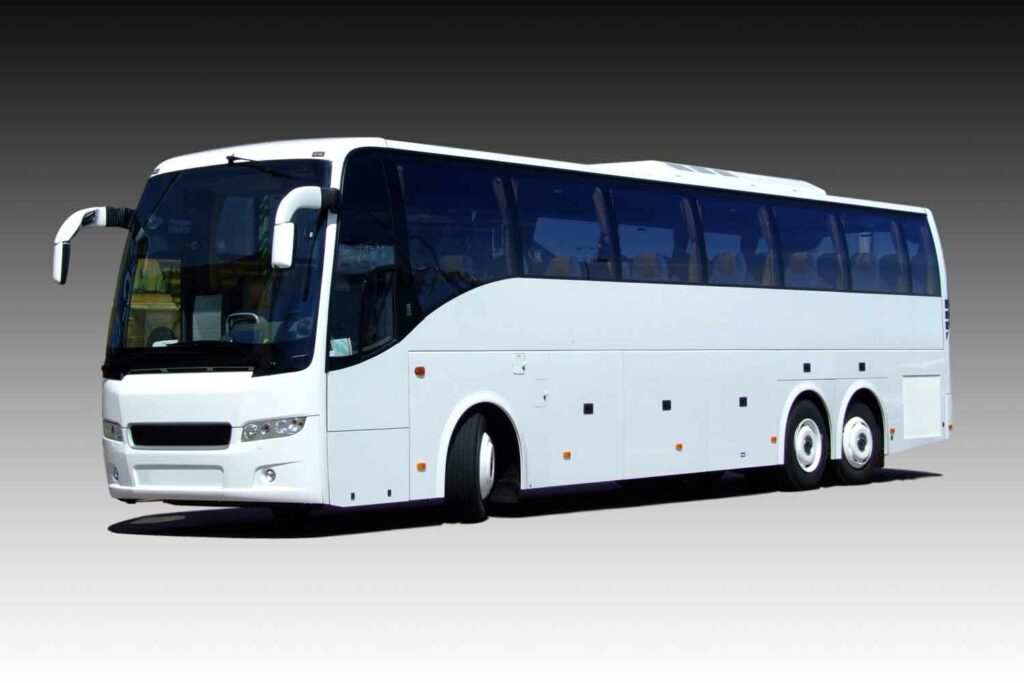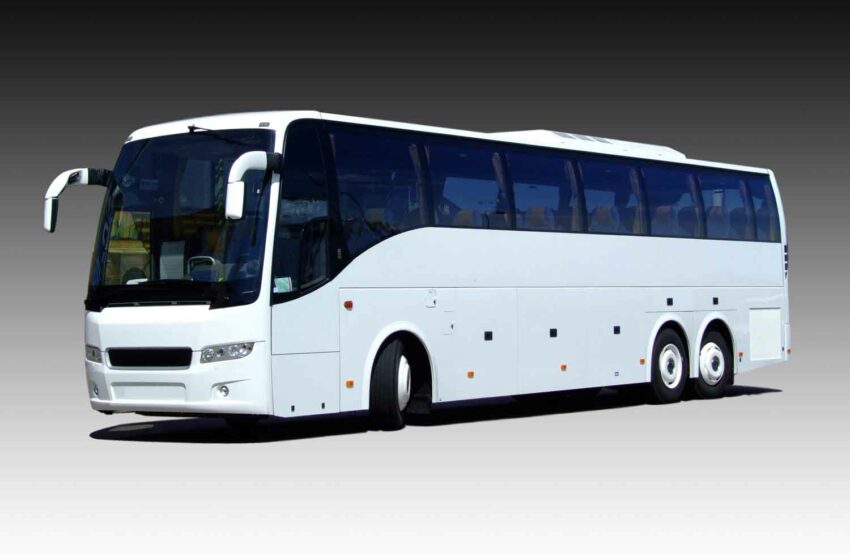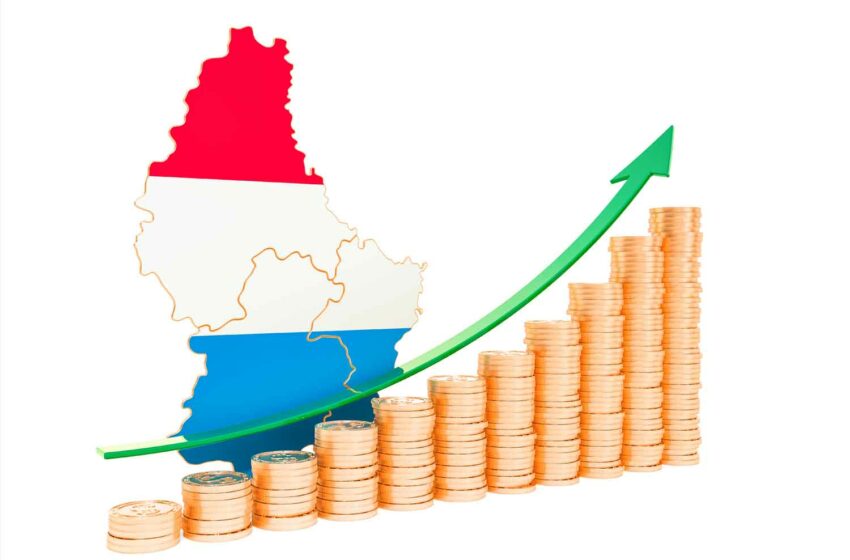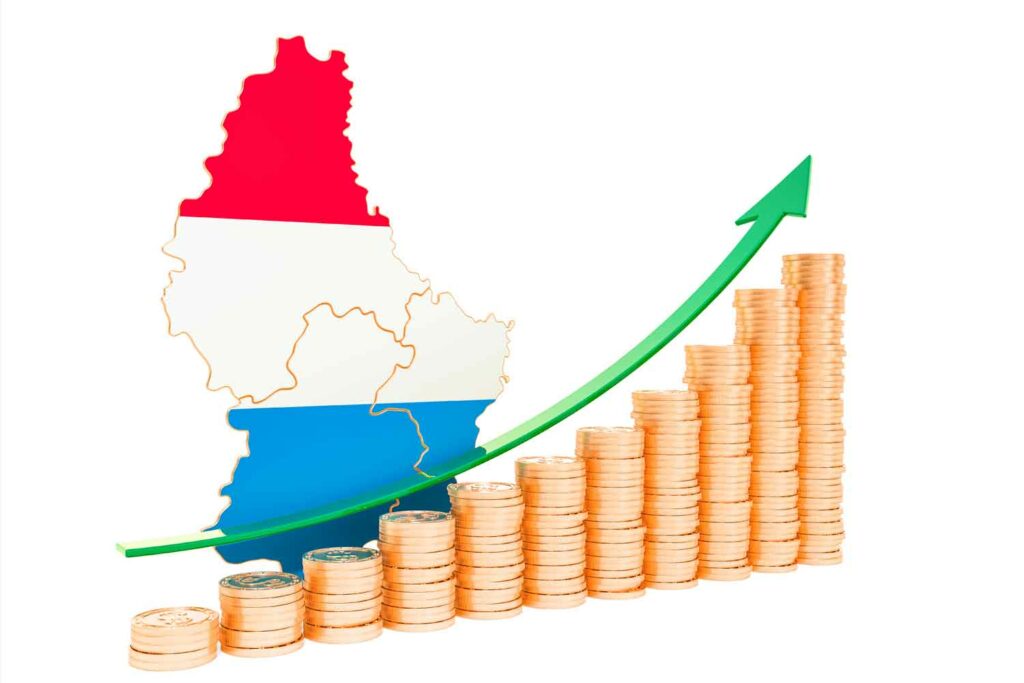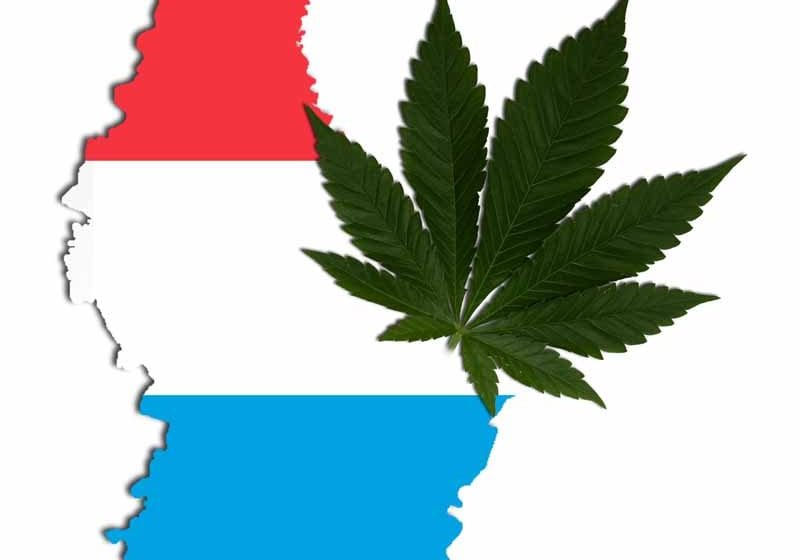The Grand Duchy is on its way to legalize cannabis, but
pitfalls remain.
By Stefanie Rossel
In late 2018, Luxembourg made headlines when it announced
that it would become the first country in Europe to legalize the cultivation,
sale and recreational consumption of cannabis. Part of an election promise, the
plan has become enshrined in the coalition agreement between the governing
liberals, social democrats and the green party.
Once enacted, the law would be even more permissive than legislation
in the Netherlands, which presently has the most liberal cannabis policy in the
EU. While recreational use, possession and trade of nonmedicinal drugs are
technically illegal under Dutch law, the country tolerates recreational drug use
as well as ownership and dealing under certain circumstances. Dutch authorities
reason that it’s more effective to spend their resources on minimizing the harm
caused by recreational drug use than on chasing the unattainable goal of a
drug-free society. Inconsistently, however, the Dutch government does
enforce its ban on cannabis cultivation.
Luxembourg wants to go further. Health Minister Etienne
Schneider, who is a passionate critic of the country’s repressive drug policy
as it has been applied during the past 50 years, wants to drain the black
market by permitting cannabis consumption by adults, establishing
state-controlled hemp cultivation and licensed stores for the sale of
quality-assessed cannabis products at competitive prices.
Although Schneider said upon his reelection that he aimed to
fully legalize cannabis by 2021 at the latest, one year later, there is still
no sign of concrete cannabis regulation in the Grand Duchy. In early 2019, the
country’s ministers of health and justice commissioned a working group to
analyze the issue, taking into consideration the experience of other countries
as well as scientific literature, a spokesperson of Luxembourg’s government
told Tobacco Reporter. “There is no set timeframe,” she said. “We want
to take the time needed and not rush this important project.”
The slow progress is likely also due to unexpected resistance
to the plan. Worried citizens in neighboring Germany have already asked their
government to close the border following the legalization of cannabis in Luxembourg.
A provision in the proposed law prohibiting the sale of cannabis to non-Luxembourgers
has done little to ease the concerns; around 200,000 foreigners commute daily
to work in the Grand Duchy, which has a population of 614,000.
The rules under discussion reportedly will limit cannabis
use to the private sphere; public consumption will remain off-limits. Private
hemp cultivation will also be forbidden. According to the government, farmers
interested in the crop can apply for licenses. The tax earnings from
cultivation and a marketing chain will be spent on the prevention of drug
abuse. The planned regulation is also likely to limit concentrations of THC, a
provision that some say may drive consumers back to illicit sources. Critics fear
that these and other provisions will dilute the rules to the extent that
“liberalization” may end up being very similar to the current prohibition.
Careful regulation needed
Luxembourg legalized cannabis for medical use in 2018,
albeit within strict limits. Only patients who are terminally ill can get
cannabis prescriptions. Prescribing doctors are required to undergo training by
the Ministry of Health. According Tageblatt, a local German language
newspaper, demand has been higher than expected: 270 patients were given
cannabis between February and June 2019, which in July prompted the government
to advise authorized doctors not to treat new patients with medicinal cannabis
until October.
The market for cannabidiol (CBD), the nonpsychotropic
ingredient of the cannabis plant, has grown in recent years. Meanwhile, CBD
oils, creams or tea are sold in around 35 shops across the country. After the
government announced its legalization plan, the shops were set up by
entrepreneurs hoping to one day turn them into “coffee shops” similar to those
in the Netherlands. Pharmacies are not allowed to sell CBD products. While the
sale of cannabis flowers is permitted, use of the substance in cosmetics is
not. As a nutrition supplement, concentrated CBD in January 2019 was defined as
a “novel food” that is required to pass an approval procedure.
As long as their THC content is below 0.3 percent, CBD
products are legal. Since Dec. 1, they have been subject to tobacco taxation,
meaning that an excise duty of 33.15 percent as well as 17 percent VAT is added
to the price of each gram. The measure is anticipated to dampen demand and shutter
many CBD shops.
The cultivation of industrial hemp has been legal in Luxembourg
since 1994. It plays an important role in the food industry, the construction
sector and the garment business. After the legalization, cannabis will present
famers with a potential new source of income and an opportunity for agricultural
diversification. Taking Canada as an example, Luxembourg’s government hopes for
a similar “green rush.”
In October 2018, Canada fully legalized marijuana. As of
July 2019, cannabis had contributed $8.26 billion to the Canadian economy,
according to Bloomberg. Jobs in the sector nearly quadrupled to 9,200 jobs
during that period.
Looking at experience with cannabis legalization in Canada
and the Netherlands, Luxembourg’s regulators should, however, also consider
other factors. While after more than a year into legalization, Canada’s
producers nearly produce enough legal cannabis to meet annual demand, it
appears that their products are not what consumers are looking for. With the
THC content of legal products limited, some consumers are still buying from illicit
sources. As a result, Canada’s black market still thrives—an unintended
consequence that Luxembourg hopefully will be able to avoid.
